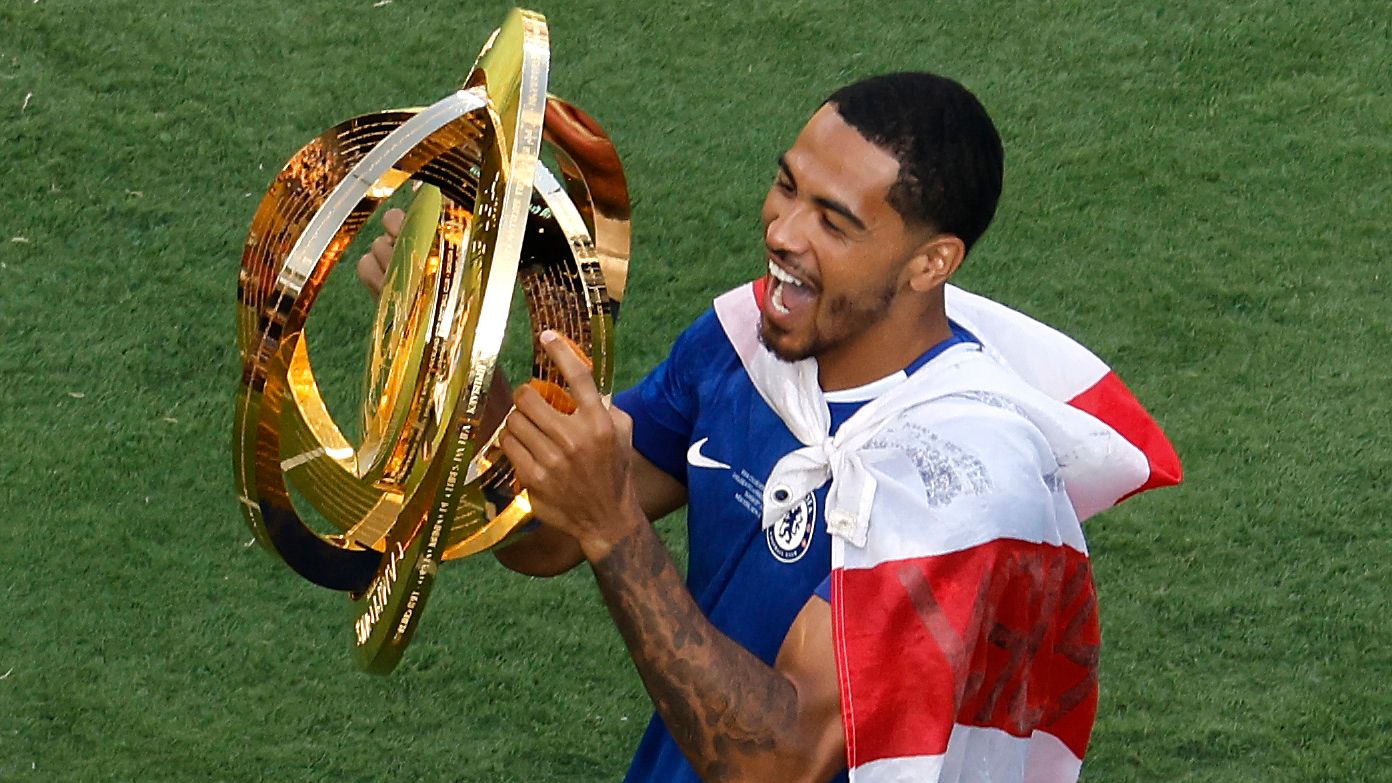The recent FIFA Club World Cup triumph has placed Chelsea atop the global footballing hierarchy, a gleaming testament to their current capabilities. But as the celebratory confetti settles and the world title is etched into their history, a more profound question emerges for Enzo Maresca`s side: can this global dominance truly translate into a sustained challenge for the coveted Premier League title?
The Euphoria of a Global Title
Becoming champions of the world is no small feat. The victory, particularly the decisive win against Paris Saint-Germain, showcased a Chelsea team operating at its tactical and physical peak. The players were aggressive, meticulously organized, and exuded a fearless confidence that had perhaps been elusive for extended periods in recent seasons. This performance was a stark reminder of the immense potential within the squad, a potential articulated by figures like Levi Colwill, who echoed the club`s deep-rooted identity of relentless pursuit of the sport`s biggest honors.
That 3-0 masterclass against PSG, a side widely regarded as one of Europe`s elite, provided a tantalizing glimpse of what Chelsea could be. It was a performance characterized by tactical discipline and clinical execution, suggesting Maresca`s blueprint, when perfectly applied, can dismantle even the most formidable opponents. For a club with Chelsea`s historical pedigree and aspirations, such a high-water mark naturally fuels dreams of domestic supremacy.
The Premier League`s Unforgiving Reality Check
Yet, the Premier League is a different beast altogether. A 38-game marathon demands a level of consistency that Chelsea demonstrably struggled to maintain throughout Maresca`s initial campaign. Their league position at the season`s end, a considerable 15 points adrift of the eventual champions, painted a more accurate picture than the fleeting moments of brilliance or the giddiness of mid-season form. While their defensive record was commendable, ranking third in the league, a corresponding attacking output that yielded only 64 goals highlighted a critical imbalance. Furthermore, their expected goal difference was a mere fraction of the top contenders, indicating a gap in underlying performance metrics that cannot be easily dismissed.
The very nature of their Club World Cup success, while celebrated, also warrants a measured perspective. The path to glory, aided by opportune draws and the elimination of higher-ranked teams elsewhere, meant Chelsea faced opponents that, by some statistical measures, were on par with mid-table Championship or La Liga sides. While they dispatched them efficiently, these encounters rarely tested the team with the relentless intensity and tactical sophistication that is commonplace in the Premier League`s upper echelons. The PSG victory, impressive as it was, stood out precisely because it was atypical of their performances against top-tier domestic rivals.
The Transfer Conundrum: Potential vs. Proven Quality
Much of Chelsea`s long-term strategy under the current ownership has revolved around investing in young talent with significant upside. This approach, while theoretically sound for future sustained success, raises questions about the immediate readiness for a Premier League title charge. Players like Joao Pedro and Jamie Gittens, while promising, arrive with statistical profiles that suggest they are not immediate, transformative upgrades over their predecessors or established league stars.
The critical debate revolves around the striker position, for instance. While Nicolas Jackson has shown flashes of brilliance, his overall goal-scoring efficiency, particularly when penalties are removed, and his expected goal metrics, indicate a player still developing rather than a prolific, title-winning spearhead. For Chelsea to genuinely challenge the likes of Liverpool, Arsenal, and Manchester City, a “Victor Osimhen-level” striker, an elite-tier center-back to anchor the defense, and perhaps even a top-echelon goalkeeper, seem less like luxuries and more like necessities. The current model, focused on developing high-potential youngsters, appears to delay rather than accelerate the final pieces of a championship puzzle.

The Path Forward: Consistency is Key
Undoubtedly, Chelsea possesses a formidable core. Players like Moises Caicedo, Cole Palmer, Reece James, Marc Cucurella, and Enzo Fernandez represent a strong foundation upon which a truly elite team can be built. The raw ingredients are certainly there. The challenge, however, lies in combining these individual talents into a consistently dominant collective that can navigate the relentless gauntlet of the Premier League season.
The momentum generated from the Club World Cup is tangible, a psychological boost that should not be underestimated. Yet, momentum alone does not win league titles. That requires 38 weeks of relentless performance, tactical adaptability, and an ability to grind out results even when not at their peak. The high watermark of blowing away the champions of Europe is inspiring, but for Chelsea to realistically aspire to be the best team in their homeland, they will need to reproduce that standard, or something very close to it, far more frequently. Until then, the global crown, while splendid, remains a distinct entity from the Premier League`s coveted silverware.

